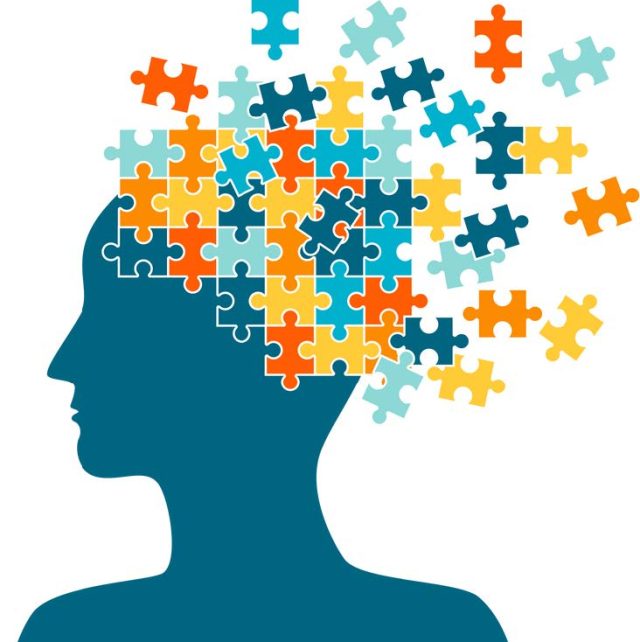“With great power comes great responsibility” – Ben Parker.
Ontario Brain Institute’s (OBI) researchers collect ‘deep data’ using scientific and clinical tools like behavioural tests, neuroimaging and genetics. By bringing these data together in Brain-CODE, we can develop a holistic approach to understanding brain disorders. A recent report, “Dementia Research and Care: Can Big Data Help?”, by the Organization for Economic Co-operation and Development (OECD), Ontario Brain Institute and the University of Toronto highlighted the potential of linking ‘deep data’ from basic and clinical research to ‘broad data’ from healthcare and population-level statistics to driving new discoveries and applications of research in healthcare and policy.
The question is how can we best link ‘deep’ research data and ‘broad’ health data to drive new discoveries and benefit people in their communities?
The Ontario Neurodegenerative Disease Research Initiative (ONDRI) is collecting and curating data on dementia as part of OBI’s Brain-CODE data platform with the purpose of understanding dementia and its relationship with different neurodegenerative disorders. As part of ONDRI’s mandate, they are also investing time in training researchers to exploit the full potential of their data for future research; we call them “ONDRI Scholars.”
As research progresses, the volume and complexity of data will continue to increase. So it is critical that the training and skills development of people around data organization, analysis and interpretation keep pace, allowing researchers and data experts to analyze brain disorders from multiple perspectives and synthesize these analyses into insights.
The complexities in the data drive the need to learn or invent new techniques and therefore it is our responsibility to prepare the next generation of researchers to work through such complexities collaboratively and use data effectively. Most importantly, this empowers the ONDRI Scholars by offering the right tools, training, mentorship and resources necessary to help them achieve these lofty goals in the near future and throughout their careers.
With that vision in mind, each ONDRI Scholar receives a personalized training program with mentorship from experts in multiple platforms or clinical populations. The Scholars are regularly brought together in workshops with other researchers and data experts to share knowledge, ideas and techniques, allowing trainees and data scientists to solve problems together.
ONDRI Scholar Dr. Joel Ramirez detailed how traditionally he was a part of studies that focused on a single disease. “Mixed disease is now being recognized as more common than originally believed. It could be that these discrete categories of just Alzheimer’s disease or just vascular cognitive impairment are arbitrary in a way. One thing that makes the ONDRI program unique is that we can look across multiple diseases and search for the overlap between the different diseases and determine if any phenotype or genotype can be attributed to these patterns.”
“By putting together a diversity of skills, backgrounds, and capabilities we are going to reach answers faster than just putting the data out there and letting people figure it out”, Dr. Raamana, an ONDRI Scholar.
Dr. Derek Beaton, another ONDRI Scholar, impresses upon the need for quality control “Kelly and I are actually developing techniques and methods to ensure high data quality, minimize errors and identify errors so we can come as close as we can to very robust data, so it is as clean as it can get. I think this has been a critical step in ONDRI and our training that is not seen in other projects.” The end result will be a comprehensive database filled with high-quality, standardized data that can be used by ONDRI researchers and others to accelerate dementia treatment and care.
The work of the ONDRI Scholars is cutting-edge. They are the pioneers in building a world of unidentified possibilities driven by ‘deep data’, leading the way for breakthroughs. It is through their work, that we will empower researchers to connect clinical and research data in ways that can accelerate discovery.
With so much data at our disposal, it is our responsibility to appreciate its full potential by developing new techniques, ensuring data quality control and most importantly driving these efforts towards improving brain health for Ontarians. One crucial step in achieving that goal is by honing talent early on, through our ONDRI Scholars program.



